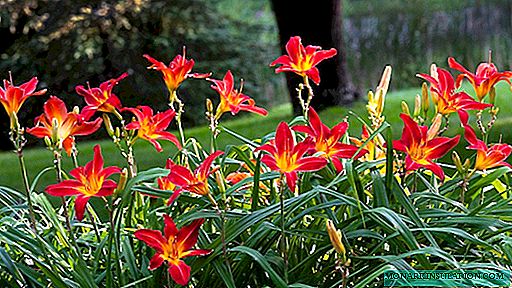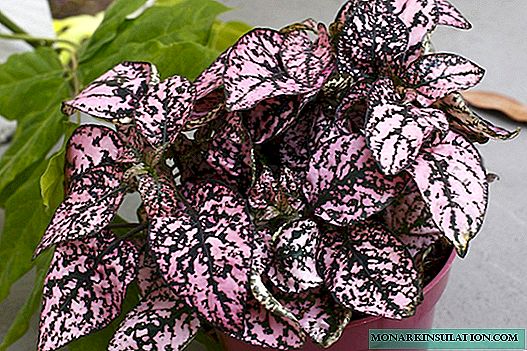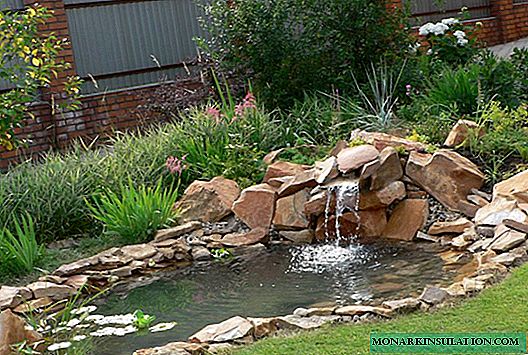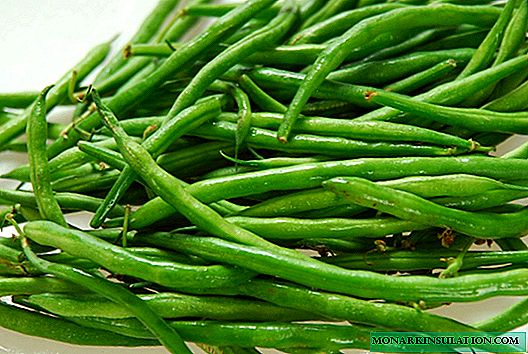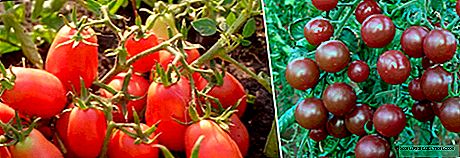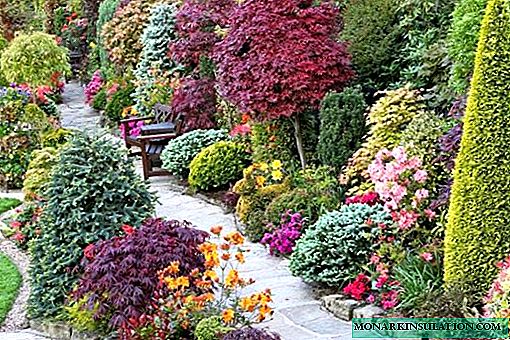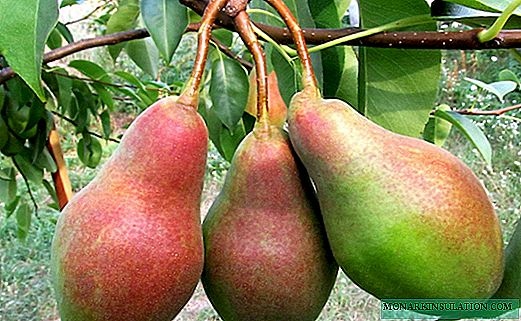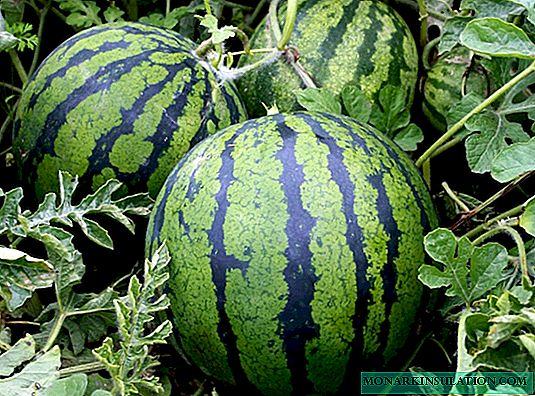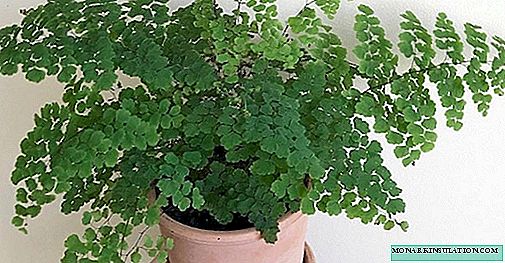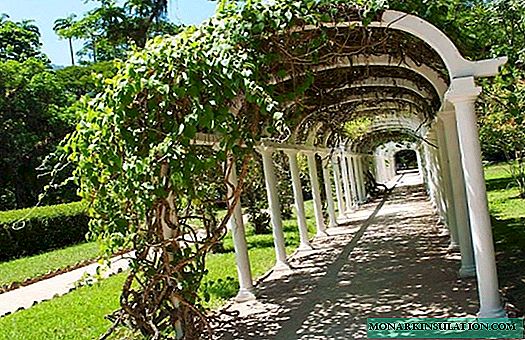
A classic pergola is called two or more arches that are interconnected. This capital or collapsible structure is intended to form a shaded transition from one part of the garden to another, a place for privacy and relaxation on a hot summer day. Despite such a romantic role, the pergola is able to solve quite earthly problems. It serves as a support for ampelous and climbing plants, divides the site into zones and simply hides technical buildings from the eyes. Looks great pergola made by hand from wood. How to build this useful and attractive design, we will try to tell in this article.
What materials are better to build a structure from?
To create pergolas use a variety of material. Preference is given to that, the construction of which will more harmoniously fit into the overall design of the site.
The material on the purpose of pergolas and their use in garden design will also be useful: //diz-cafe.com/photo/besedki-i-zony-otdyxa/pergoly-i-navesy.html
Pergola made of wood
This material is most popular because it is able to match almost any style. Wooden pergolas are particularly aesthetically pleasing. It is important that the construction of a wooden structure requires very little time.

Pergola made of wood is most in demand, due to the fact that it combines perfectly with any style decision of the site and is easily constructed independently
Metal pergola
If wood attracts with its naturalness, then metal is an unchanging leader in terms of durability and strength. If you do not forget to take care of it and prevent rust, then the lace forged building, entwined with plants, will last for decades.

A metal pergola is considered the most durable construction: indeed, if it is well looked after, it will last a very long time
Stone or brick
Structures made of this material are fundamental and have a luxurious appearance. When planning how and from what to build a pergola, think about how well it fits into the site: a stone building is not suitable for a small allotment. It will instantly become the center of attention, and the rest of the beauty will simply fade. But in large gardens, a stone building can become a real decoration.

A stone pergola is really a monumental structure, which is intended only for a large well-kept Empire-style garden
Plastic constructions
This material is also used to create pergolas, but it is less in demand, although it is affordable. Plastic construction is difficult to organically fit into the environment. However, when the plastic is hidden under the green plants, the material of construction will not be so important.

When flowering or climbing plants completely wrap around an elegant design, it makes no difference what the pergola was made of
Often materials are used in combination with each other. At the same time, wood is perfectly combined with stone and metal.
The procedure for the self-construction of pergolas from wood
The easiest way to make a light structure of wood. Oak, spruce and pine are excellent material for the upcoming work.
Preparatory stage
When thinking about how to make a beautiful and functional pergola with your own hands, you first need to make sure that there is a suitable place for it on the site. At the same stage, all the necessary material should be purchased and tools prepared.

In the form of a terrace or an extension to the house, the pergola performs one of its main functions: it creates a pleasant shadow and cool
Very often, pergolas are used in the barbecue area precisely as protection from the heat, and placement of this structure near the pond is considered no less successful. They are erected as an extension to the terrace or as a summer gazebo. In such places they look especially aesthetically pleasing.
You can create a pond on the site yourself, more about this: //diz-cafe.com/voda/kak-sdelat-prud-na-dache-svoimi-rukami.html
Having decided on the place, it is necessary to draw up a design project in order to more accurately determine the need for materials. The most popular are pergolas from 2.5m high and 1.4m wide. All other parameters depend only on the imagination of the future owner.
You will need tools: a screwdriver, a hammer and a shovel. We buy brackets and brackets. You can limit yourself only to nails, but it is better to use wood screws. We will definitely use an antiseptic. Paint and brushes will be required. We will prepare a wooden beam of different sizes: from 70x70 mm (supports), 50x50 mm (for transverse beams), 100x100 mm and 100x50 mm (for side beams). Do not forget about trellis panels and concrete mortar. The specific need for materials is determined on the basis of an individual project.
You can learn about how to make a garden garden design project yourself from the material: //diz-cafe.com/plan/proektirovanie-sadovogo-uchastka.html
Installation work
All elements of wood must be carefully treated with an antiseptic solution. After the parts have dried, you can continue to work with them.
We mark out the place chosen in advance in accordance with the construction plan. If the structure is rectangular on 4 supports, then proceed to digging holes to install these supports. The optimum depth of the pits for a small structure is 60 cm. The supporting bars will be placed in them, which are concreted with mortar for stability.

The future location of the pergola is marked, pits are excavated at the corners of the rectangle, in which pillars for the future structure will be concreted
Now in work again comes a break of several days. So much time is needed to ensure that the solution is reliably "seized" and the supports do not warp. We return to further work only after the concrete has finally hardened.
If you still have excess cement mortar, you can use it to create an original garden sculpture. Read about it: //diz-cafe.com/dekor/figury-iz-cementa.html
When attaching horizontal beams to supports, it is desirable to use brackets, brackets, and self-tapping screws with nails. The most reliable method of fastening can be considered a stud connection. The spike is driven into the end of the beam, and in the place where the connection should occur, make a hole for this spike. A beam installed in this way will be securely fixed.
We fix the crossbeams to horizontal beams. They should be placed at the same distance from each other. Nail them better with nails "on a slanting". In this case, the structure will better resist gusts of wind. Tapestry panels must also be connected to horizontal beams. It should be noted that contact between the trellis panels and the earth's surface is undesirable, since contact with the soil can contribute to the development of the rotting process.
What plants are better to choose for decoration?
Do not forget that one of the purposes of the pergola is to create support for climbing and ampelous plants. It is they who form the saving shadow, which is so attractive on a hot summer day.
Most often, pergolas are used to support grapes. Decorative girl's grapes or cultivated grapes - both look great on this building and feel great.
Chinese lemongrass, actinidia, clematis and bindweed, nasturtiums, honeysuckle, wood pliers and even hops look spectacularly braided around a pergola. With the last plant, you need to be especially careful, because hops, growing sporadically, are able to fill the entire garden.

When the pergola is decorated with flowers, it looks very solemn and romantic: it is precisely such structures that inspire thoughts about weddings
Tender wisteria and weaving roses, which are especially common in the southern regions of our country, invariably attract attention. All plants decorating our construction need care, top dressing and timely watering.
A material with a selection of the best varieties of climbing plants will also be useful: //diz-cafe.com/ozelenenie/vyushhiesya-rasteniya-i-cvety-dlya-sada.html
It must be remembered that plants need time to grow. As long as the structure remains unbraided, it can be coated with stain and protective varnish for outdoor use. And the fabric canvases placed on the horizontal surface of the structure can temporarily create a shadow.

Bright fabric cover, temporarily replacing green plants, looks charming on the pergola, successfully creating the necessary shade and coolness
Near the pergola made of stone, a small fountain made of the same material or a sculpture in the chosen style will look good. The wooden structure will be enlivened by a nearby well or stream.

